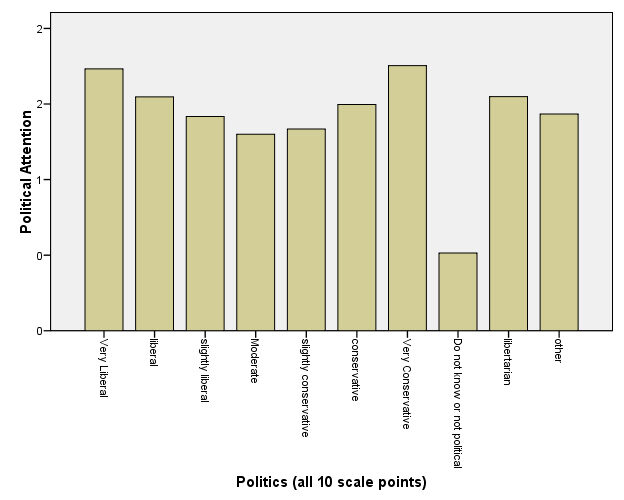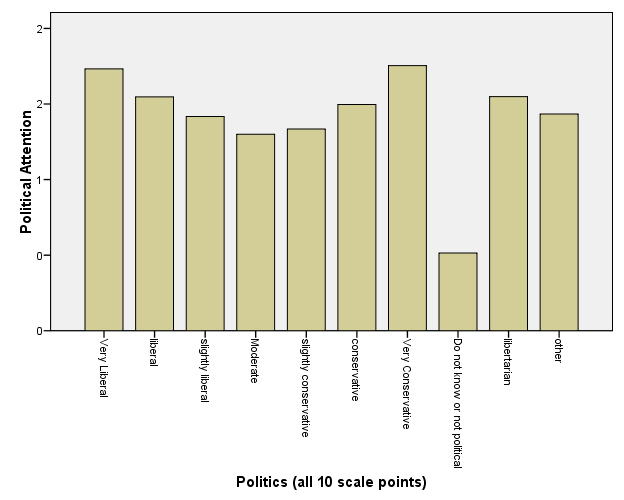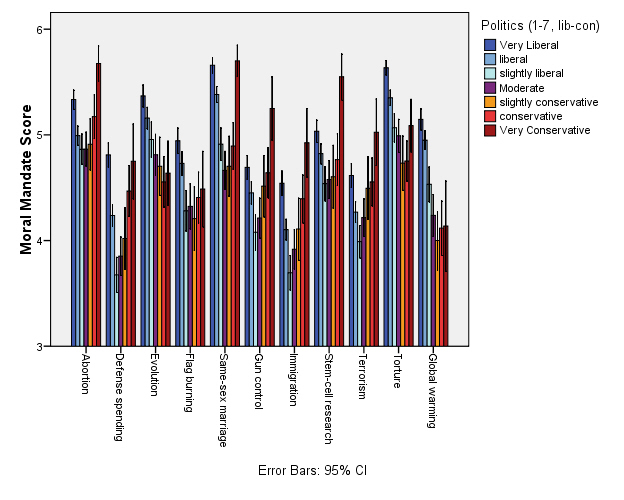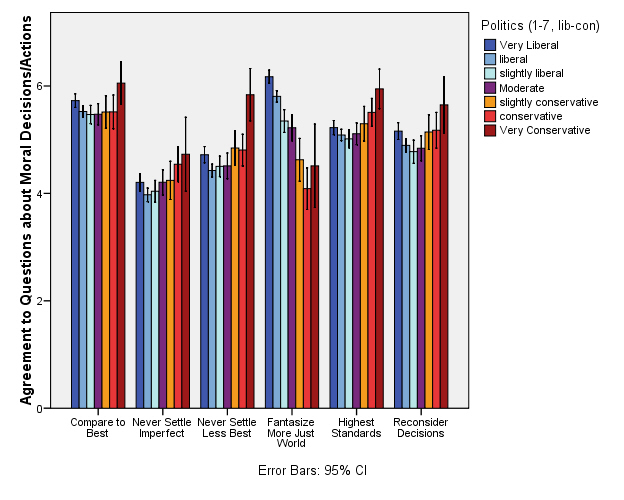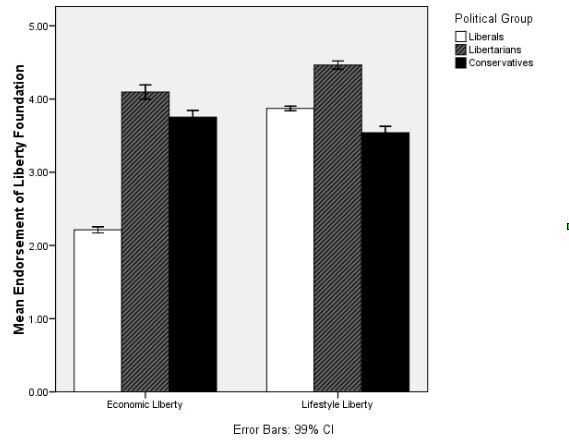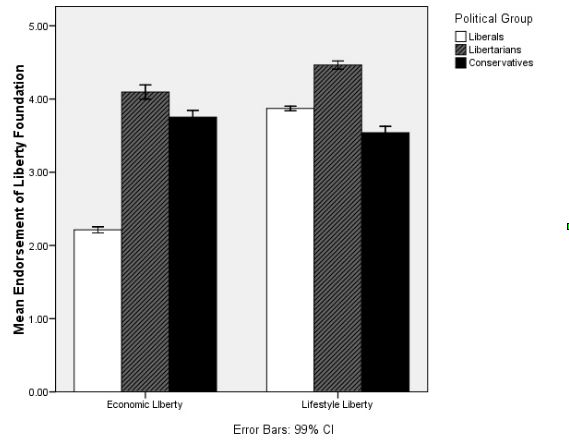There are a few political scientists who question whether the American people have become more polarized in the last ten years. (They have.) But there is no doubt that our political institutions and elites have become more polarized and uncivil in the last 2-3 decades. George Packer recently painted a grim but insightful portrait of the US Senate in a New Yorker essay, The Empty Chamber: Just how broken is the Senate? In the rest of this blog post, I’ll draw out the lessons for civil politics contained in this extraordinary essay. Packer emphasizes many of the themes we have been discussing at CivilPolitics.org, particularly the importance of personal relationships as a precursor for civil interaction, as well as the generational and macro-level trends that have made a decline of civility almost inevitable as the “greatest generation” gave way to the baby boom generation.
Packer begins the essay by discussing the arcane and absurd rules of the Senate, which make it easy for any single senator to obstruct the rest of the chamber. For example, many rules of the senate require unanimous consent. Other rules allow any senator to place a “secret hold” on any appointee that the senate is asked to vote on. That is, any one senator can object, in secret, to a presidential appointee, which prevents that appointee from ever coming up for a vote. In 2007 the rules were changed so that such holds can last only 6 days, but now any pair of senators can just alternate placing 6 day secret holds and achieve the same purpose, without risking condemnation from the press or the people because their names are kept secret. As Packer says:
Like investment bankers on Wall Street, senators these days direct much of their creative energy toward the manipulation of arcane rules and loopholes, scoring short-term successes while magnifying their institution’s broader dysfunction.
Packer notes that the Senate used to engage in deliberation, debate, and argument. Its civility and thoughtfulness had impressed Alexis de Tocqueville. Those days are long gone:
The Senate is often referred to as “the world’s greatest deliberative body.” Jeff Merkley, a freshman Democrat from Oregon, said, “That is a phrase that I wince each time I hear it, because the amount of real deliberation, in terms of exchange of ideas, is so limited.” Merkley could remember witnessing only one moment of floor debate between a Republican and a Democrat… Tom Udall, a freshman Democrat from New Mexico, could not recall seeing a senator change another senator’s mind. “
Packer describes many factors that have led to the dysfunctional, petty, and nasty institution that the Senate is today. After describing the superb talent and bipartisan cooperation of senators in the 1960s and 1970s, Packer says:
The Senate’s modern decline began in 1978, with the election of a new wave of anti-government conservatives, and accelerated as Republicans became the majority in 1981. “The Quayle generation came in, and there were a number of people just like Dan—same generation, same hair style, same beliefs,” Gary Hart, the Colorado Democrat, recalled. “They were harder-line. They weren’t there to get along with Democrats. But they look accommodationist compared to Republicans in the Senate today.”
In addition…
Both [Republican Lamar] Alexander and [Republican Judd] Gregg said that the Senate had been further polarized by the rising number of senators—now nearly fifty—who come from the House, rather than from governorships or other positions where bipartisan coöperation is still permissible. “A lot of senators don’t understand the history or tradition of the institution,” Gregg said. “Substantive, thoughtful, moderate discussion is pushed aside.”
A further cause is the extraordinary time pressure of modern political life, which makes it even harder to meet members of the other party socially:
Encumbered with aides, prodded by hourly jolts from electronic media, racing from the hearing room to the caucus lunch to the Power Hour to the airport, senators no longer have the time, or perhaps the inclination, to get to know one another—least of all, members of the other party. Friendships across party lines are more likely among the few spouses who live in Washington. After Udall joined the Senate, last year, he was invited to dinner by Alexander, because Jill Cooper Udall and Honey Alexander had become friends through a women’s social club. It remains the only time Udall has set foot in the house of a Republican senator. (Vice-President Joe Biden, in his autobiography, recalls that, in the seventies, a bipartisan group of senators and their wives hosted a monthly dinner: “In those days Democrats and Republicans actually enjoyed each other’s company.”)
Illustrating the extraordinary difficulty of civil politics, reforms that you might think of as advances sometimes made things worse:
After C-SPAN went on the air, in 1979, the cozy atmosphere that encouraged both deliberation and back-room deals began to yield to transparency and, with it, posturing. “So Damn Much Money,” a recent book by the Washington Post reporter Robert G. Kaiser, traces the spectacular rise of Washington lobbying to the same period. Liberal Republicans began to disappear, and as Southern Democrats died out they were replaced by conservative Republicans. Bipartisan coalitions on both wings of the Senate vanished. The institutionalist gave way to the free agent, who controlled his own fund-raising apparatus and media presence, and whose electoral base was a patchwork of single-issue groups. Members of both parties—Howard Metzenbaum, the Ohio Democrat; Jesse Helms, the North Carolina Republican—took to regularly using the Senate’s rules to tie up business for narrowly ideological reasons. … The weakened institution could no longer withstand pressures from outside its walls; as money and cameras rushed in, independent minds fell more and more in line with the partisans…. Norman Ornstein, a congressional expert at the American Enterprise Institute, said that the Senate has increasingly become populated by “ideologues and charlatans.”
It should be noted, of course, that whether you think efficiency is a virtue depends on whether you’re in the majority:
None of the Republicans I spoke to agreed with the contention that the Senate is “broken.” Alexander claimed that he and other Republicans were exercising the moderating, thoughtful influence on legislation that the founders wanted in the Senate.
Our view at CivilPolitics, however, is that the Senate is broken. It cannot serve the interests of the nation to give every single senator the ability to derail legislation, which gives every single senator the ability to ask for special benefits in exchange for letting go of the brake. It also cannot serve the interests of the nation for the Senate to have essentially ceased to deliberate, and to have degenerated into a simple power struggle between two teams. We suspect that there are some simple rule changes that could improve the functioning of the senate, in addition to the changes to primaries and general elections that we discuss elsewhere on this site.
Jon Haidt

